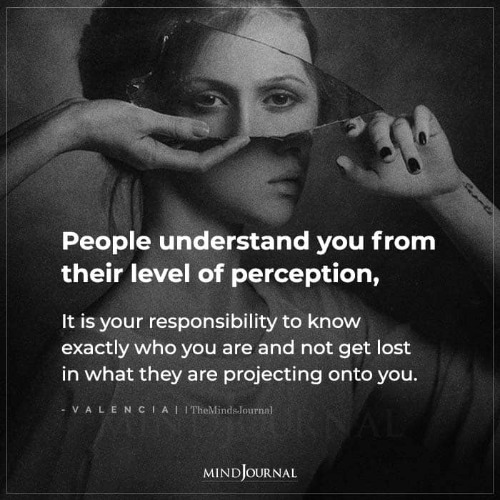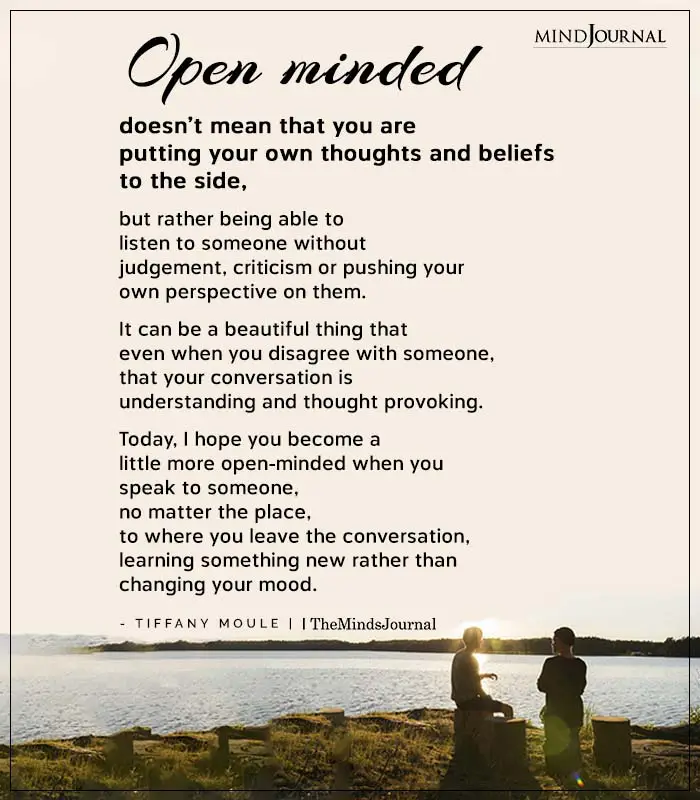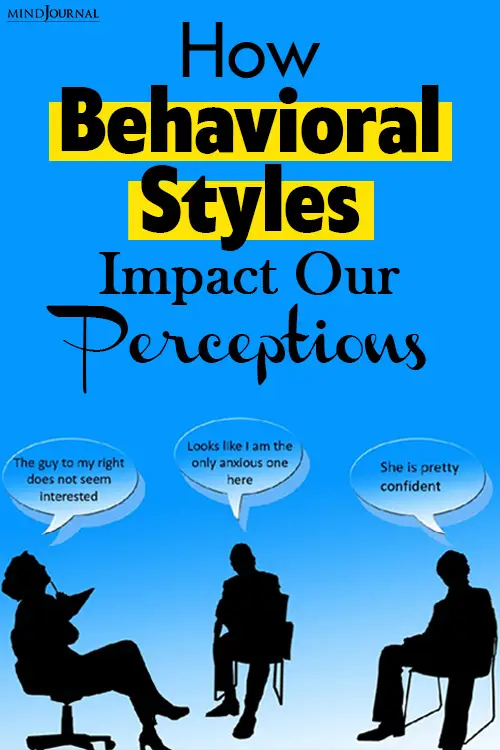Not many people realize this, but your behavioral styles can come between you and your perceptions and can influence your judgment about something or somebody. Behavioral styles can be different for different people.
“Did you see the way she looked at me??!”
“He didn’t need to use that tone of voice.”
“She is so nasty in her emails.”
“Why is he such a stick in the mud, when I’m just trying to have fun?”
“I don’t think she cares at all about anything I am saying.”
“He seemed so nice at the outset but he ended up being such a jerk.”
These are just a sampling of the things people say about one another in describing why they drive them crazy. Certain people push your buttons – it happens to everyone. It can be a viewpoint, a way of speaking, a habit they might have, or a connection to something else that upsets or concerns you.
Oftentimes When You Decide You Don’t Like Someone, Or They Drive You Berserk, It Is Because Of Their Behavioral Style

Their accompanying styles of communication are so different that it is as if you are speaking different languages.
Related: Research Reveals Open-Minded Individuals See The World Differently, Live Happier and Healthier
Behavioral preference has everything to do with how we come across – our tone, our pace, our preference to be direct or not, our effusiveness or lack thereof, and so on. When you deal with someone who is very different than you, rather than noticing what they are saying and trying to understand you will tend to focus on how they are saying something and how they come across.
Let’s take an example – if you are a low-key, non-emotional, “steady as he/she goes” type of person, you might like to take things in stride. Let’s say you are a building contractor whose preferred style is to do the job you are hired to do by the homeowner, discuss little, and just let your work speak for yourself.
You do a job for a man who is a direct, assertive, aggressive, “get it done” type of guy. This person wants you to communicate what, when, and how. He wants you to let him know exactly what’s going on, and he sure does not like surprises because of a lack of information or communication. There is a mix-up and something doesn’t get done when the homeowner expected it to.
The homeowner, the assertive guy, is going to blow up – he might shoot off a nasty email, or call and yell at the contractor. By contrast, the contractor now digs his or her heels in. They don’t like to be yelled at. They don’t appreciate the aggression. They just want the customer to “calm down” and discuss what happened. The customer thinks the builder is a sneak who doesn’t communicate well, and the builder thinks the customer is a jerk who gets upset over nothing.
These situations happen every single day with many different people you will interact with. You could be a mother who is bubbly and outgoing and likes to verbalize, and you can’t deal with your own daughter who prefers to keep to herself, does not like to talk much, and tends to be more sullen than upbeat and excitable. Your daughter thinks you are a big phony, while you think she is an ungrateful, unhappy child.
You could work for a boss who is all about the rules. Everything must be done to his quality standards. He corrects everything you put in front of him. He takes out his red pen and circles all of the errors you have made. Your style is more creative, more open-minded, and you enjoy trying out new things.

You don’t worry so much about the details and you do make a mistake from time to time, but you don’t think it is a big deal. Your boss reminds you that the devil is in the details, but you just think your boss’s detailed approach is the devil itself!
This dynamic is rooted in the research outlined in a profile called DISC (Dominance/Problems, Influencing/People, Steadiness/Pace, and Compliance/Procedures). DISC is a behavioral tool that shows a person’s preference on scales of behavior from 1-100. There are four scales of behavior – problems, people, pace, and procedures. Where someone falls on the scale will dictate how they are likely to approach that particular scale of behavior.
Related: How Our Brains Can Be Manipulated, Even in the Face of Facts
If you are high on the problem-solving scale and someone else you know is very low, you may view them as “stuck” or “unwilling to try new things” or “slow to act”. By contrast, they may view you as “pushy” and “too aggressive”. Depending on these preferences, you will behave in a predictable way. You may expect others to behave as you do, and when they don’t, you label them in negative terms.
Understanding this dynamic affords your choices. You can choose to look at the person’s behavior in a more objective manner. Particularly if you are in a customer-facing role, or in a relationship you are trying to salvage, it is important to step outside yourself and try to understand the viewpoint of someone who communicates differently than you do.
Learning about this dynamic will not mean you like everyone and get along with everyone, but it will mean that you may understand more thoroughly the view from someone else’s seat.
Written By Beverly D. Flaxington Originally Appeared In Psychology Today










Leave a Reply
You must be logged in to post a comment.